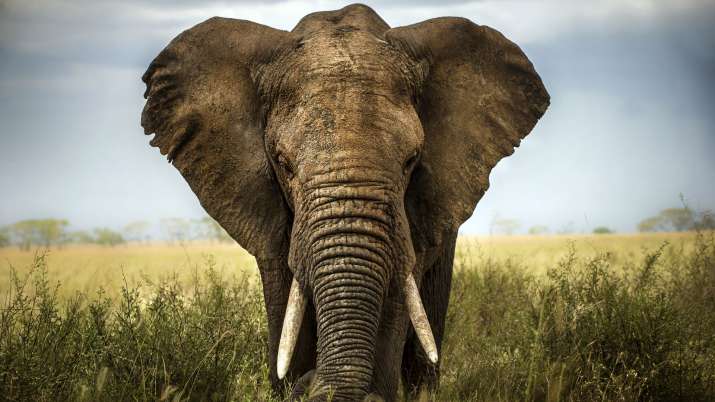Elephant Herds Compete More for Food in Grasslands vs Forests: Study
Elephants exhibit greater conflict over food in human-altered grasslands compared to forests, despite greater resource abundance in the former, a new study reveals.
Probing Pachyderm Behavior
Scientists from Bengaluru’s Jawaharlal Nehru Centre for Advanced Scientific Research analyzed data from long-term tracking of elephant groups in Kabini, Karnataka. They assessed whether competition and aggression within and between herds depends on grass availability, dispersion and herd sizes.
Key Findings
- The study found inter-herd contests over food intensify in grasslands even with plentiful, clustered resources. This defies assumptions of low conflict over abundant dispersed supplies, like grass in forests.
- Instead, models suggest high, monopolizable food concentrations in grasslands, shaped by human activities, spark fights despite adequacy.
Relevance for Conservation
- The research provides unique sociological insights into how anthropogenic habitat changes can unintentionally impact animal group dynamics.
- Creating artificial grasslands may increase fodder biomass butworsen inter-herd rivalry over defensible patches.
- Such ecological interference in elephant home ranges can have conservation implications, besides undermining animal welfare.
- It highlights the need for holistic evaluation before introducing environmental alterations balancing multiple objectives.
- The revelations also advance knowledge of female social relationships in matriarchal megaherbivore societies, spurring further behavioral study.
Month: Current Affairs - January, 2024
Category: Environment Current Affairs








